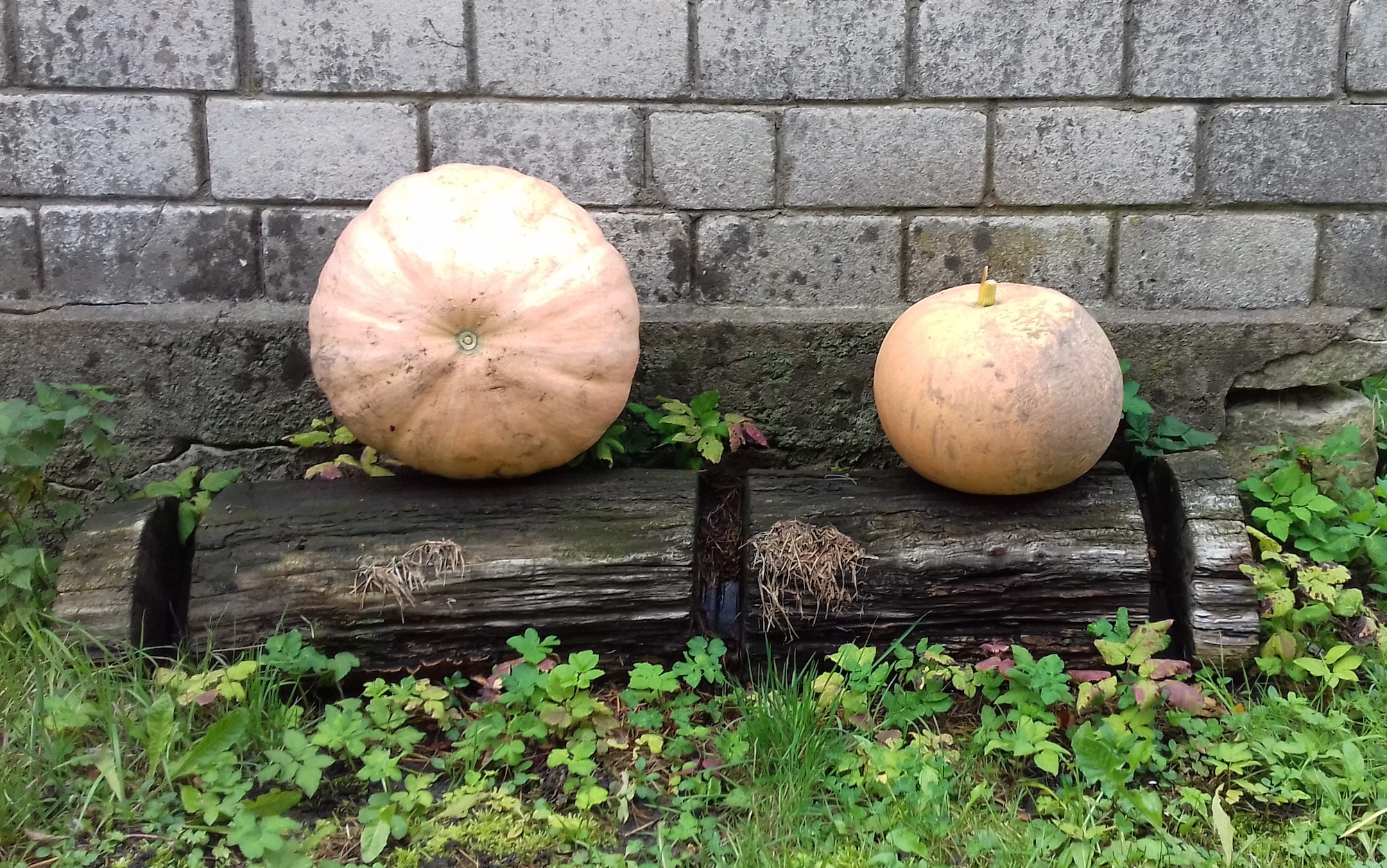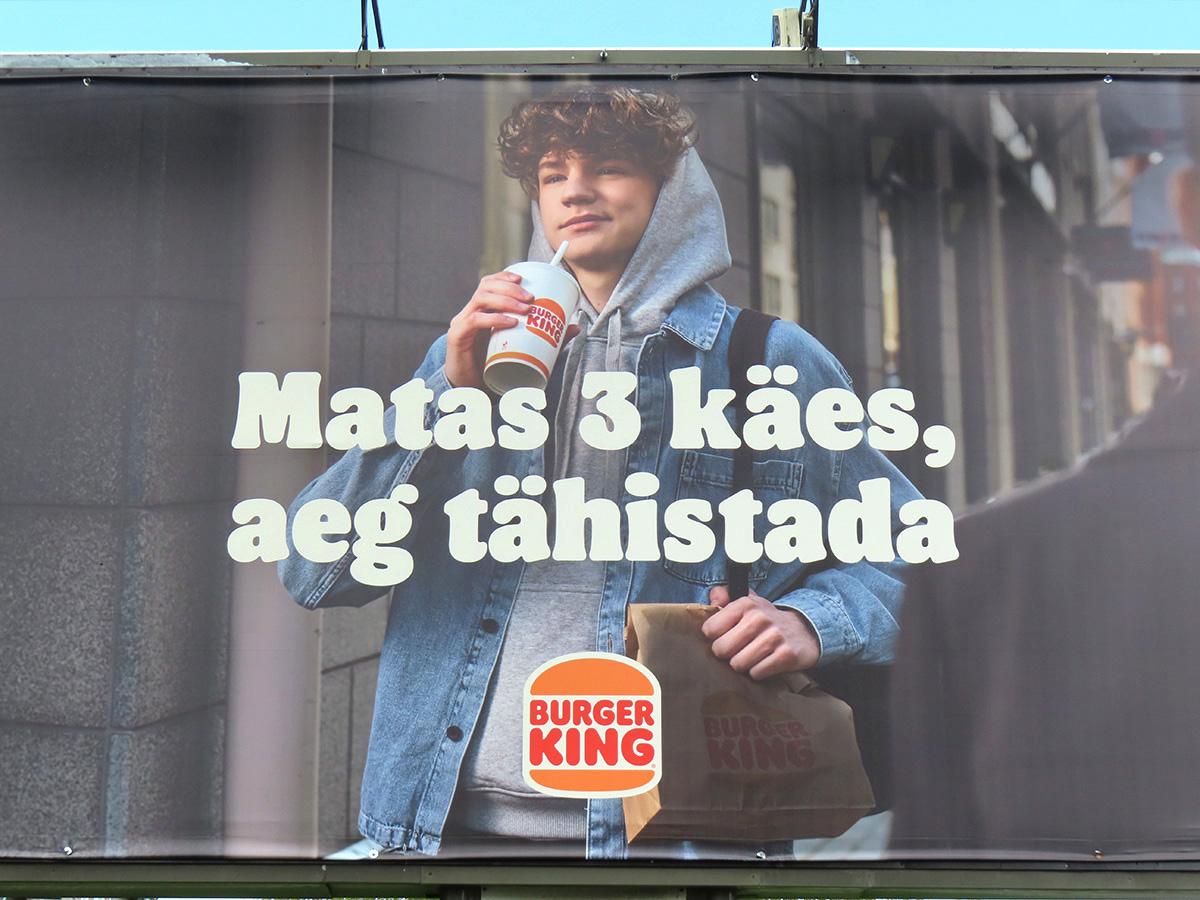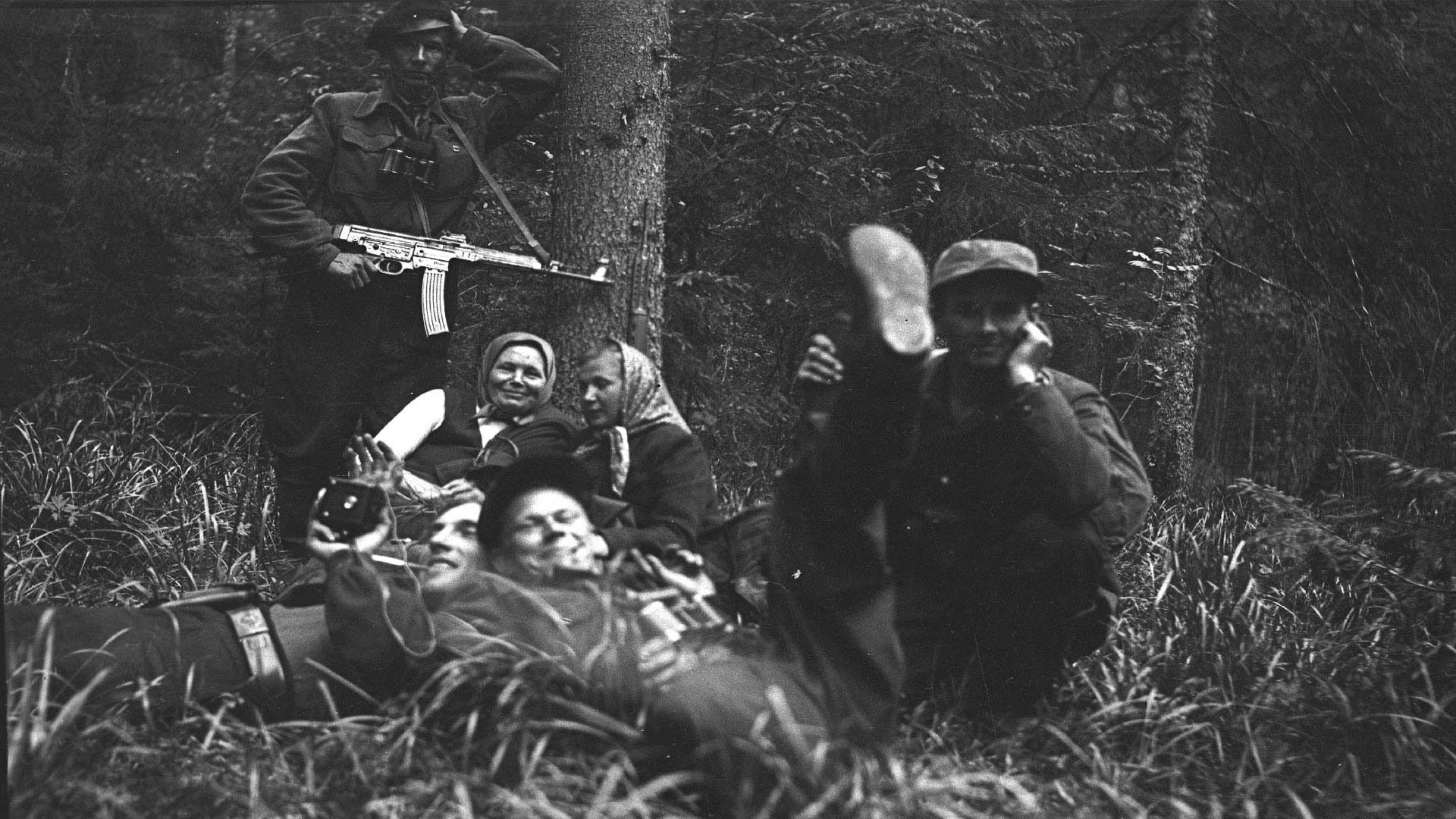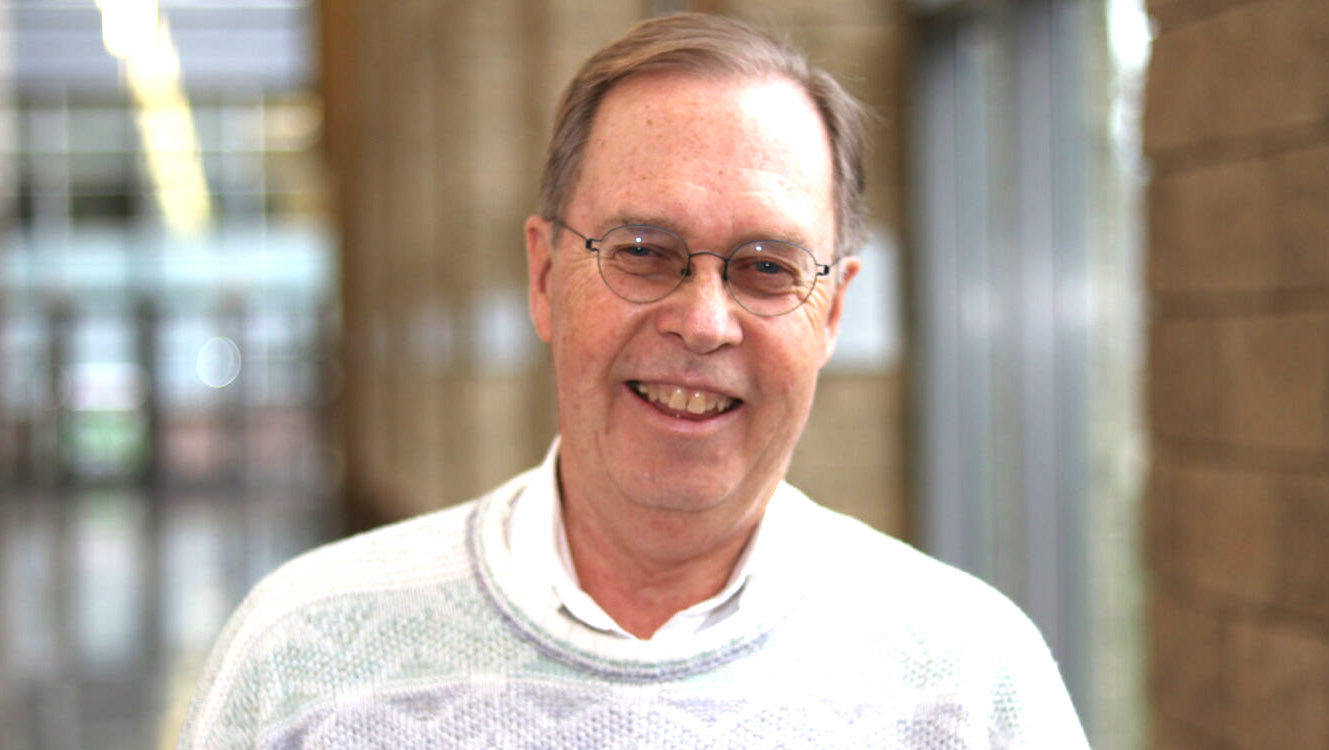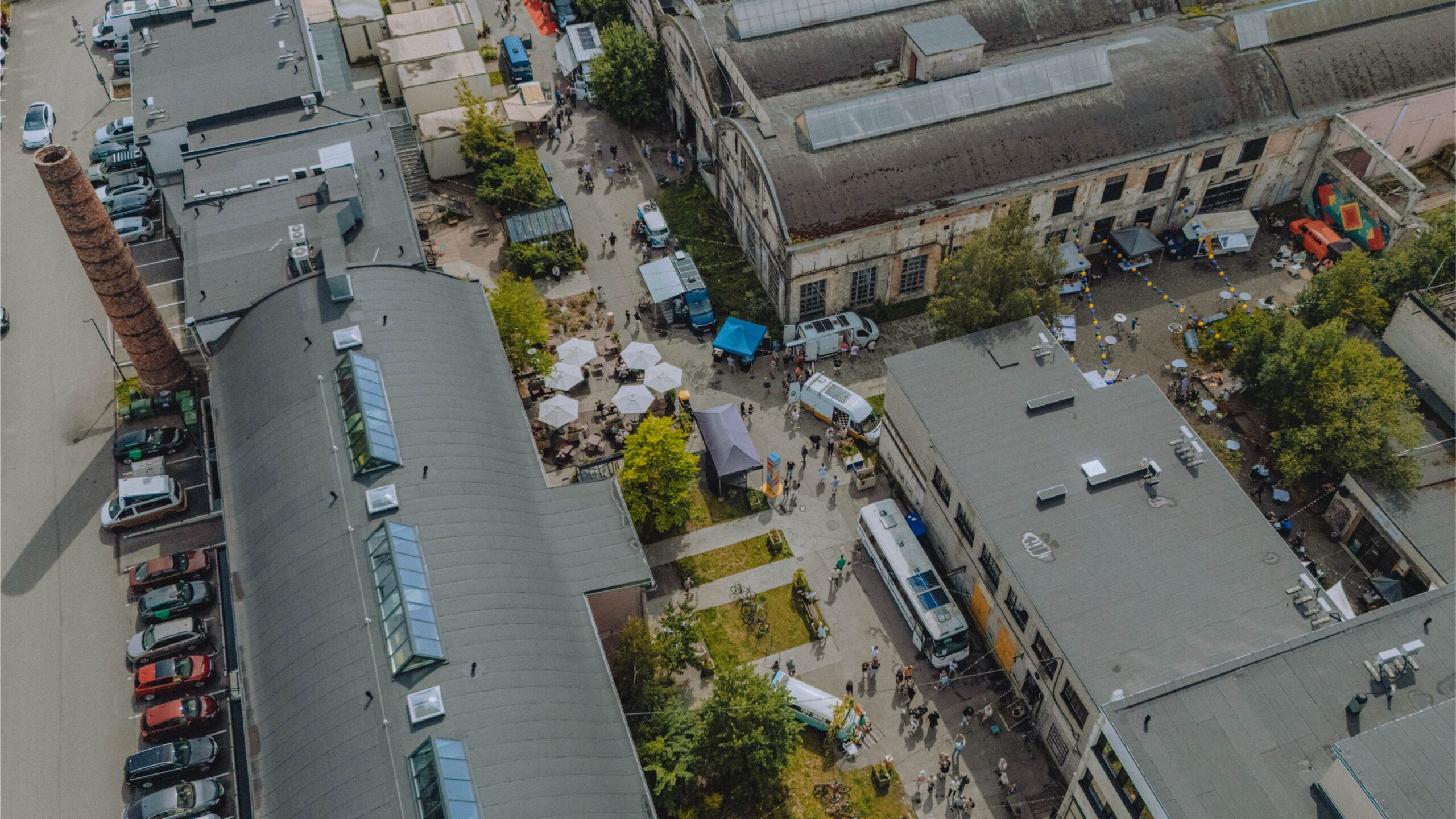The word parkla in the title means a place to park, i.e. a parking lot. Words ending in -LA denote a place, (although not all words for places end in -la). Söökla (eat-la) = cafeteria; võimla (exercise-la) = gym; käimla (where you GO-la) = toilet, WC or outhouse ; haigla (hospital, from the word haige, sick); ujula (swim-la) = pool, lehtla (leaf-la) = arbor / bower; suvila (summer-la) = cottage; kirikla (church-la) = parsonage/vicarage, where the parson or minister lives. (Also pastoraat in Estonia.) The suffix -la sounds a lot like ala, which means area. Perhaps there's a link.
There's a village in Ida-Virumaa called Kohtla (place-la), which along with its neighbour Järve küla (first mentioned in the Taani hindamis/raamat (Danish Census Book) in 1241), became SQUASHED (amalgamated) into the oil shale processing city of Kohtla-Järve in 1949.
All squash plants have their ancestry in the Americas, while the sport of squash, aka seina/tennis (wall tennis), but called squash in Estonian as well, was invented in London, England. The verb to squash, as in to crush, is lömastama, which in the case of a ripe squash, would result in löma, löga or lödi.
Riina Kindlam, Tallinn
